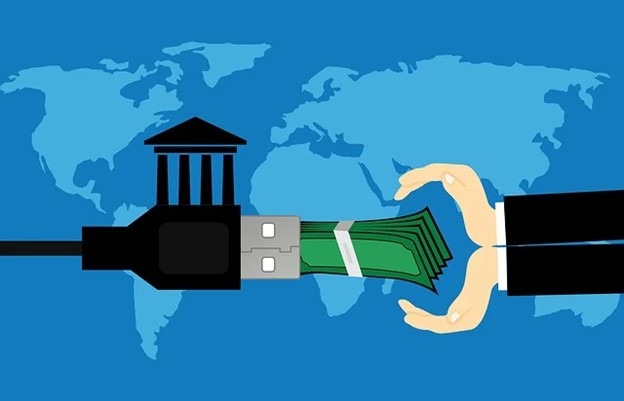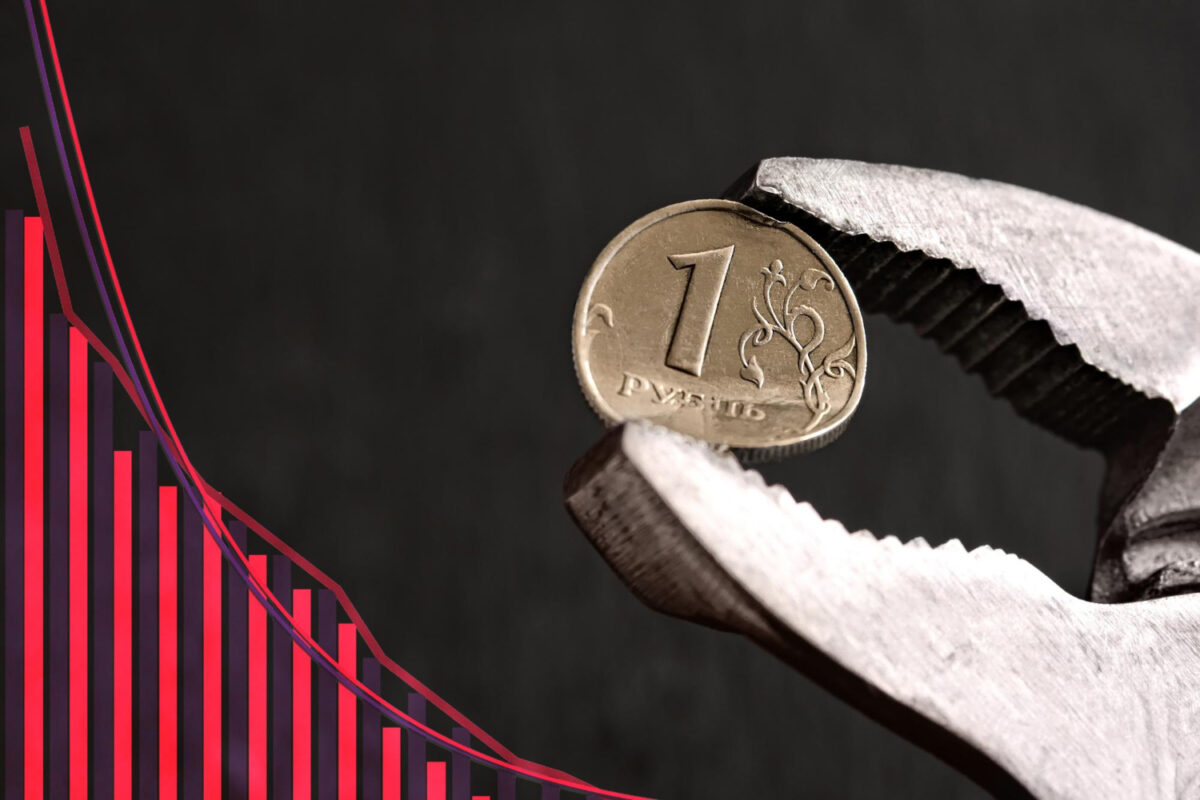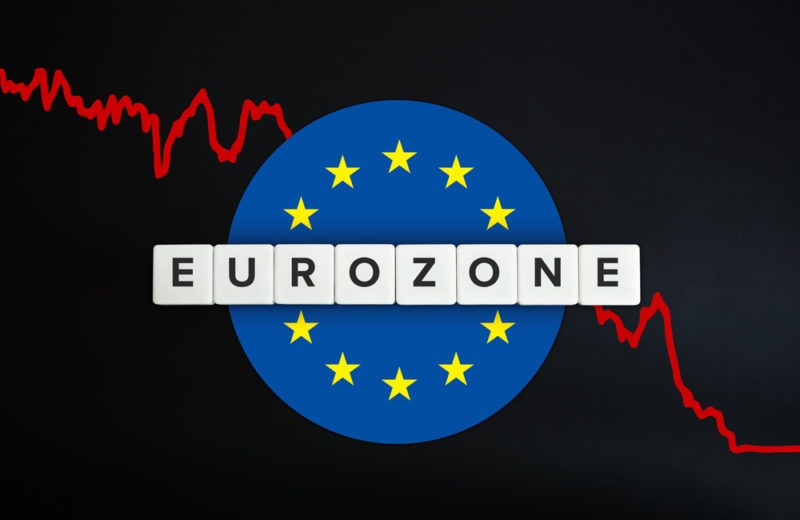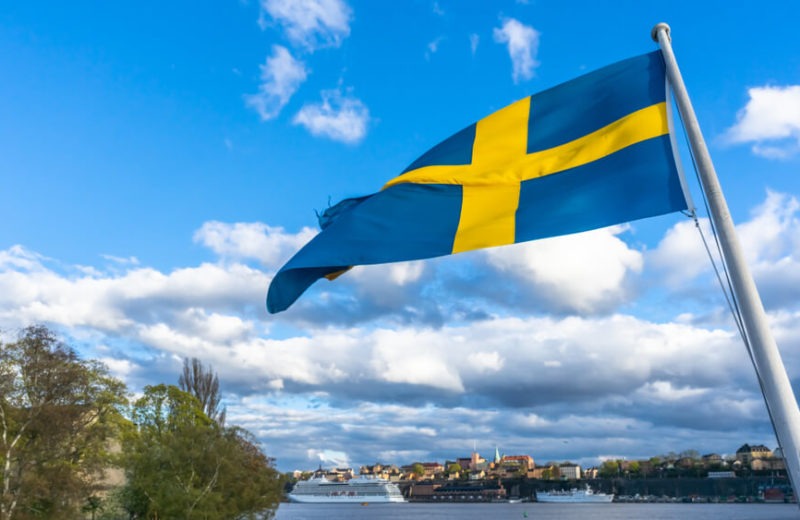The European Union (EU) is considering a proposal for the Russian Agricultural Bank to establish a branch to reconnect with the SWIFT global financial network. Since the bank is under sanctions, the proposal to close the branch should protect the Black Sea grain agreement that allows Ukraine to export food to global markets.
This move follows Russia’s statement last week that it saw no reason to extend the grain deal beyond July 17 due to the West’s “outrageous” behaviour in the previous agreement. However, Russia assured developing countries that its grain exports would continue, as reported by the Financial Times.
The British paper’s unnamed sources said that Moscow’s plan, proposed through UN-brokered negotiations, would allow the bank’s unit to process payments related to grain imports. The new unit would be able to use SWIFT for financial transactions.
Ukraine’s Ministry of Foreign Affairs stated that the EU wants to facilitate the grain agreement somehow. However, Kyiv warned that while the idea was beneficial, making concessions to Moscow’s blackmail was not advisable.
Russia and Ukraine, as the world’s two leading grain producers, are the main players in the grain and oilseed markets, covering wheat, barley, oilseed rape, and sunflower. Russia also holds a dominant position in the fertilizer market. Apart from gaining access to the SWIFT system, Russia aims to maintain the supply of agricultural machinery and parts.
Ukrainian Grain Export Agreement Extended by Two Months
The agreement on the export of Ukrainian grain via the Black Sea received an extension for two months, announced Turkish President Recep Tayyip Erdoğan on Wednesday.
“It has been decided to extend the grain agreement, which was initially reached in July 2022, for an additional two months,” Erdogan stated.
This agreement, involving the UN, Ukraine, Russia, and Turkey and signed in July of the previous year, facilitated the export of over 30 million tons of Ukrainian grain over the past ten months, helping to mitigate the global food crisis triggered by the war in Ukraine. It received a previous renewal for a 60-day period on March 19.
The current extension should have lasted for 120 days, but Russian authorities have agreed to a 60-day extension.














